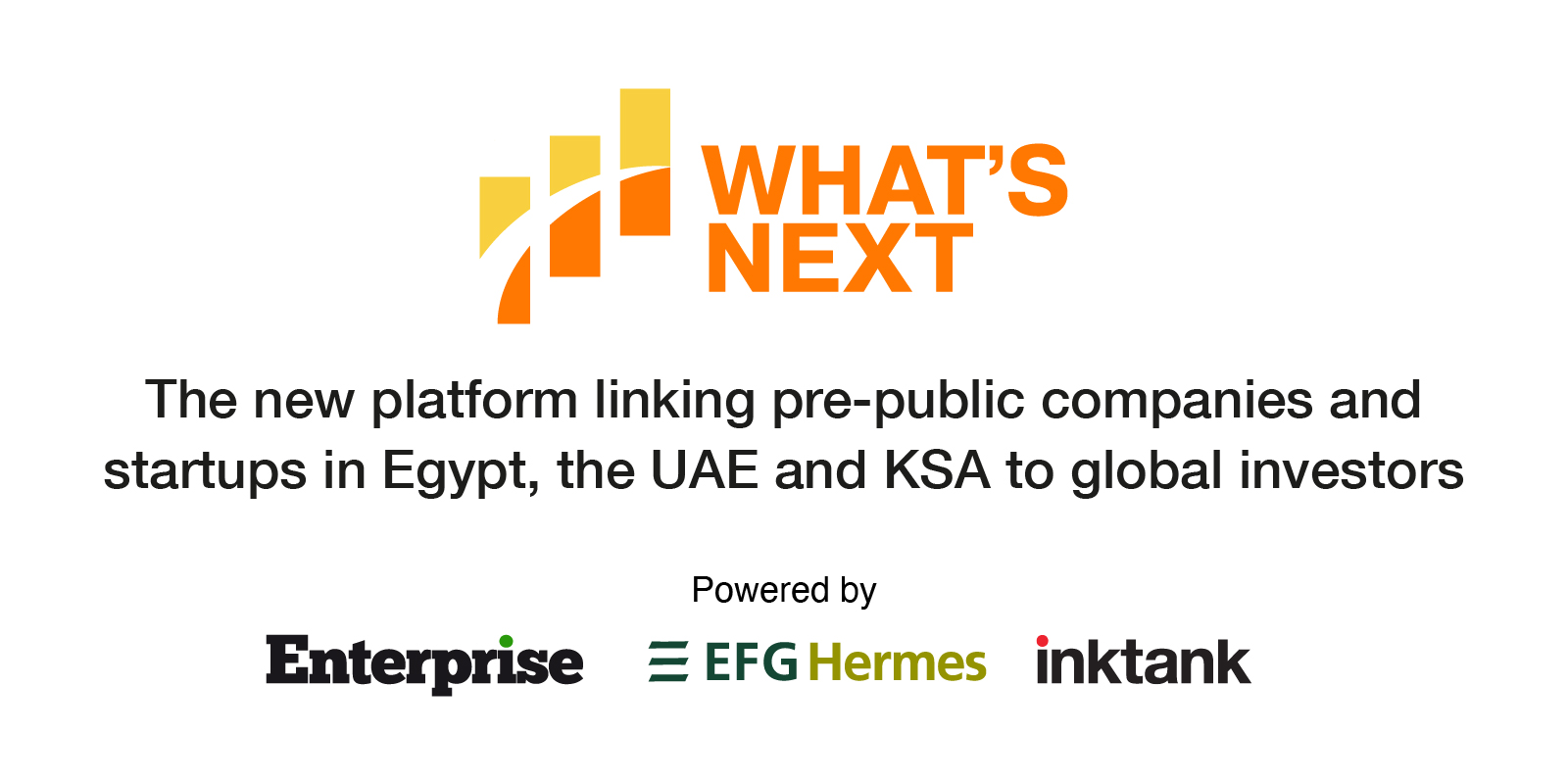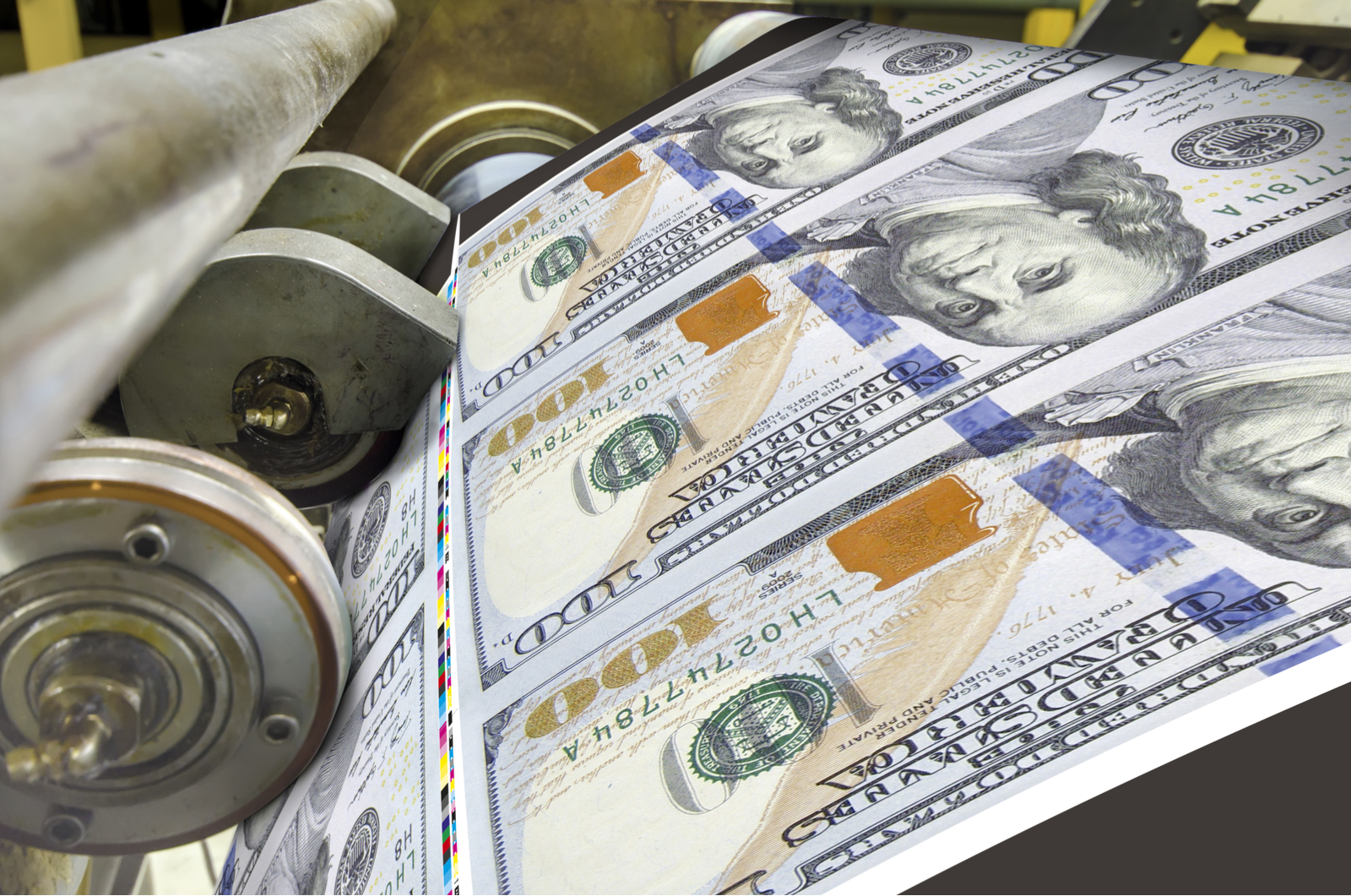BY THE NUMBERS– How Egypt’s startups fared in 1H 2022: It hasn’t been a pretty scene in the global startup space this year, with global VC appetite slightly waning. Now that the first half of the year — which was marked by inflation, the Russia-Ukraine war, and a global selloff in equity and debt markets — is over, it’s about time we looked at how much investment Egyptian startups have raised so far, and how they fared compared to 1H 2021. To do this we’ve correlated data from a number of resources, including our startup tracker.
And what we found surprised us: Across the board 1H 2022 is looking way better than 1H 2021. What’s just as interesting is the diversity of the sectors that have received funding, including foodtech and funeral services of all things.
DISCLAIMER- The numbers from our tracker are — at best — approximations, with 13 startups not disclosing the exact amount they’ve raised. We mainly included the startup announcements we have personally received and picked up from the press.
By our count, Egypt’s startups raised around USD 284.9 mn in 1H2022, up almost 240% y-o-y from USD 83.9 mn in the same time last year. Wamda puts the count at USD 314.6 mn in 1H2022, up from USD 121 mn in 1H2021.
The gov’t sees it even higher: The ICT Ministry’s Information Technology Industry Development Agency (ITIDA) pegs the amount at USD 380 mn during the first five months of 2022.
Our internal trackers count 59 transactions in Egyptian startups in 1H 2022, a 100% increase from 29 in 1H 2021 with February and March seeing the highest number of transactions at a total of 31. Wamda logged 80 transactions in 1H 2022, with 37 transactions taking place between February and March.
That said, the largest tickets came in April and May, according to our data. April saw USD 73.8 mn worth of investments going to seven startups, while USD 75.4 mn were raised through five transactions during May. According to Wamda, March had the largest tickets with USD 86 mn invested, followed by May with USD 80 mn.
The five largest tickets in 1H 2022? Paymob raised USD 50 mn in its series B round, followed by Khazna’s USD 38 mn series A. Lucky and Brimore both tied for third place with USD 25 mn each, while Thndr saw USD 20 mn go into their bank accounts. We believe it worth an honorable mention that Sylndr raised a USD 12 mn pre-seed round.
Foreign investors took a greater share of the pie during the last six months, according to our data. Over 25% of investment rounds were carried out solely by foreign investors, down from 31% in 1H2021. Some 37.2% included local and international investors. Local investors made up just over 32% in 1H2022, compared to 38% during the same time last year. The remaining investment rounds did not disclose who joined the transactions.
Fintech took the largest slice of the pie, with 12 transactions in 1H 2022, up from 11 last year, our data shows. Edtech and healthtech came in second place with six transactions each, followed by e-commerce and logistics, who tied with five each.
What’s new and interesting about this year is the diversification in the sectors: Investors appear to be eyeing industries that didn’t get much attention before such as foodtech, AI, funeral services, interior design, market research, infrastructure, life sciences and regtech, each of which registered a single round.
Pre-seed and seed rounds came up top in our tracker. We saw 18 pre-seed rounds, 15 seed rounds, seven series A, five pre-series A, one pre-series B, and one series B round in the first half of this year. Smaller tickets seem to be going more easily than larger ones.
An interesting find: Two transactions were counted as bridge rounds — an extension to a pre-existing round at the same valuation. As we noted last month, this strategy was increasingly being looked at as startups face down rounds as a result of headwinds.
What do startups want to do with all those USDs? Mainly develop their product and tech offering, based on indications from 35 of them, our tracker tells us. Some 22 startups are planning to use the funds for geographical expansion into MENA, the GCC and Africa, 16 want to acquire more customers, and 13 are looking to grow their teams.
We’ve heard of a few acquisitions in 1H2022. The most noteworthy:
- Saudi logistics company GLT Expres acquired local startup Gallop Express for an undisclosed sum.
- EFG Hermes’ microfinance arm Tanmeyah bought B2B e-commerce marketplace Fatura in a stock and cash transaction
- Cairo-based M&A advisory outfit Pie Consulting acquired Exits
- Furniture marketplace Homzmart bought Berlin-based startup MockUp Studio
- European solar player Amarenco Group took up 74% of independent power producer SolarizEgypt’s portfolio.
How did we fare regionally? By all counts, Egypt came in third place after (of course) the UAE and Saudi Arabia. When looking at the total value of transactions across MENA countries in 1H2022, the UAE attracted the most funding with USD 637.5 mn, followed by Saudi Arabia with USD 557.5 mn. We did beat Bahrain, which came in fourth place with USD 111.3 mn followed by Iraq, which came in at a distant fifth with USD 18.2 mn. The UAE also tops the chart of number of transactions in 1H2022 with 84, followed by Saudi Arabia with 82.
And how did the region as a whole fare? Like in Egypt, startups across the MENA region also managed to rake in funding despite global headwinds. MENA VCs raised their most funding ever in a half-year period at almost USD 2 bn across 300 transactions, up 46% y-o-y, according to a Magnitt report.
Your top stories on future trends for the week:
- UAE fintech YAP plans to expand into Egypt next year after raising USD 41 mn in funding led by Saudi Arabia's Aljazira Capital, Abu Dawood Group, Astra Group and Audacia Capital.
- Sherif Mohsen, chief strategy officer of Trukker, shared with us his morning routine.

